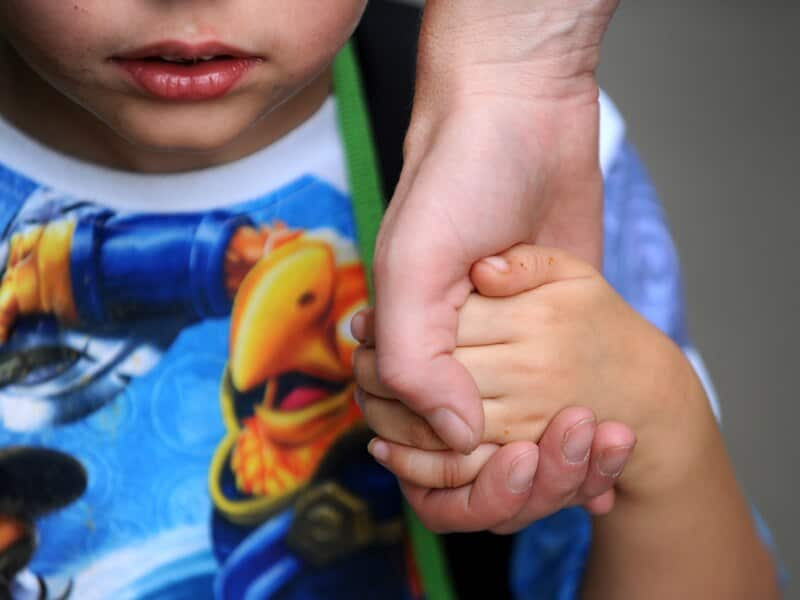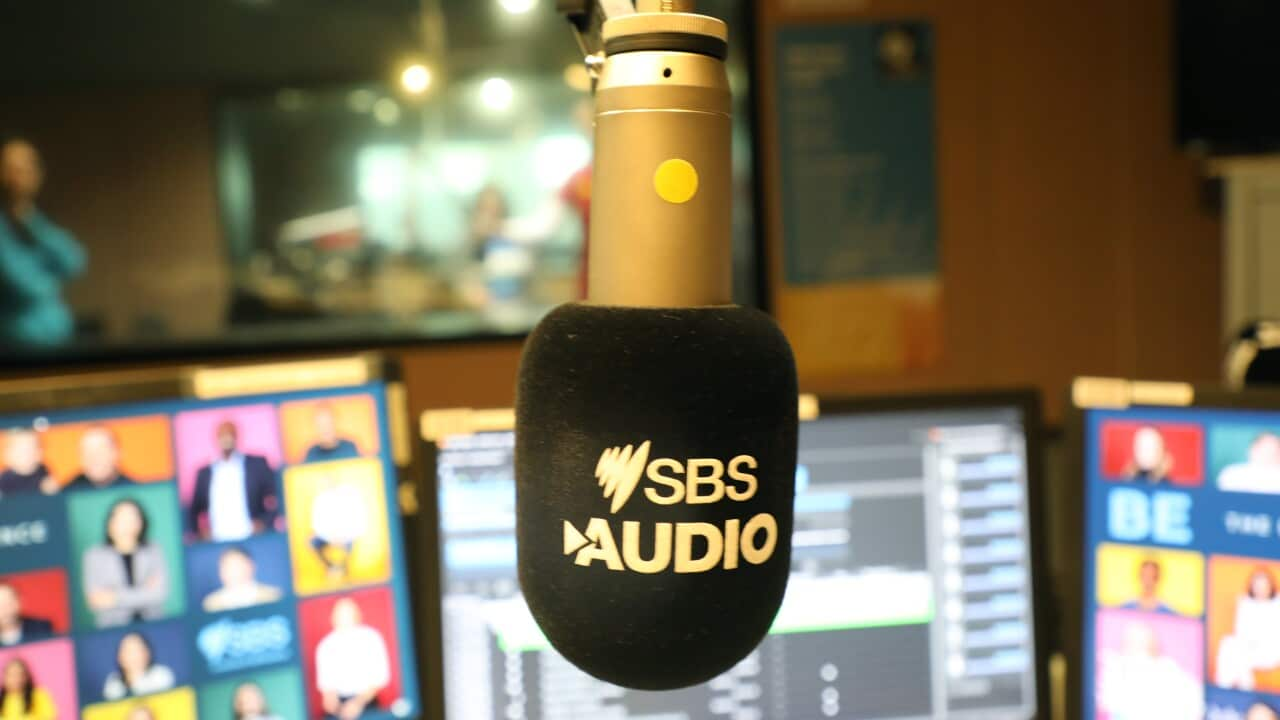Due to the stigma related to substance use in some culturally and linguistically diverse communities, addressing drug use can be a daunting task. Here are 10 ways to encourage your kids to talk about drugs with you.
1. Be an active part of their lives
Take an interest in their interests and establish a routine for doing things with them. Spending time as a family is important, like eating together every day.

2. Listen to your kids
Encourage them to feel comfortable about telling you their problems, and ask for their input on family decisions to show that you value their opinions.

3. Be a role model
It’s important not to underestimate the influence your behaviour has on them, particularly when it comes to alcohol or tobacco, or misuse of medications.
Image
4. Be honest with them
It’s natural that you won’t necessarily know everything about drugs. If you’re honest and clear about where you stand, your kids will find it easier to be honest with you.

5. Pick your moment
Make sure you pick the right time to discuss drugs with your kids. This might be when you’re all watching TV, or when they’re talking about someone at their school or in their friendship group.

6. Be calm
When it comes to talking about drugs, being calm and rational is important, as well as not overreacting. Make sure not to ridicule or lecture, as this could make future discussions about drugs more difficult and make your kids more resistant to talking about them at all.

7. Avoid conflict
It’s difficult to solve a problem where there’s a conflict. If a confrontation does develop, stop the conversation and come back to it when you’re both calmer.

8. Keep talking
Once you’ve had a discussion about drugs it’s important to have another. Start talking to your kids about drugs early, and be willing to talk to your kids about the issue at any time.

9. Set clear boundaries
Discuss and agree to ways your kids will act if they find themselves in situations where drugs are present. For example, let them know that you’ll always collect them if they need you to, whatever the hour. However, make it absolutely clear that you would rather they didn’t put themselves in a situation where they are likely to be exposed to drugs in the first place.

10. Focus on positives
Encourage them to feel good about themselves and let them know that they deserve respect and should also respect themselves.

For more information visit the Australian government’s Department of Health website.
Drugs: the real facts booklet and tips for parents is available in 13 languages.
The Alcohol and Drug Information Centres are state and territory-based services that offer information, advice, referral, intake, assessment and support 24 hours a day. They offer services for individuals, their family and friends, general practitioners, other health professionals and business and community groups.
For help in your state visit the Alcohol and Drug Information Service (ADIS).
FOLLOW SBS FILIPINO ON FACEBOOK.




